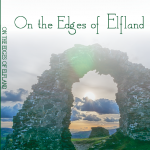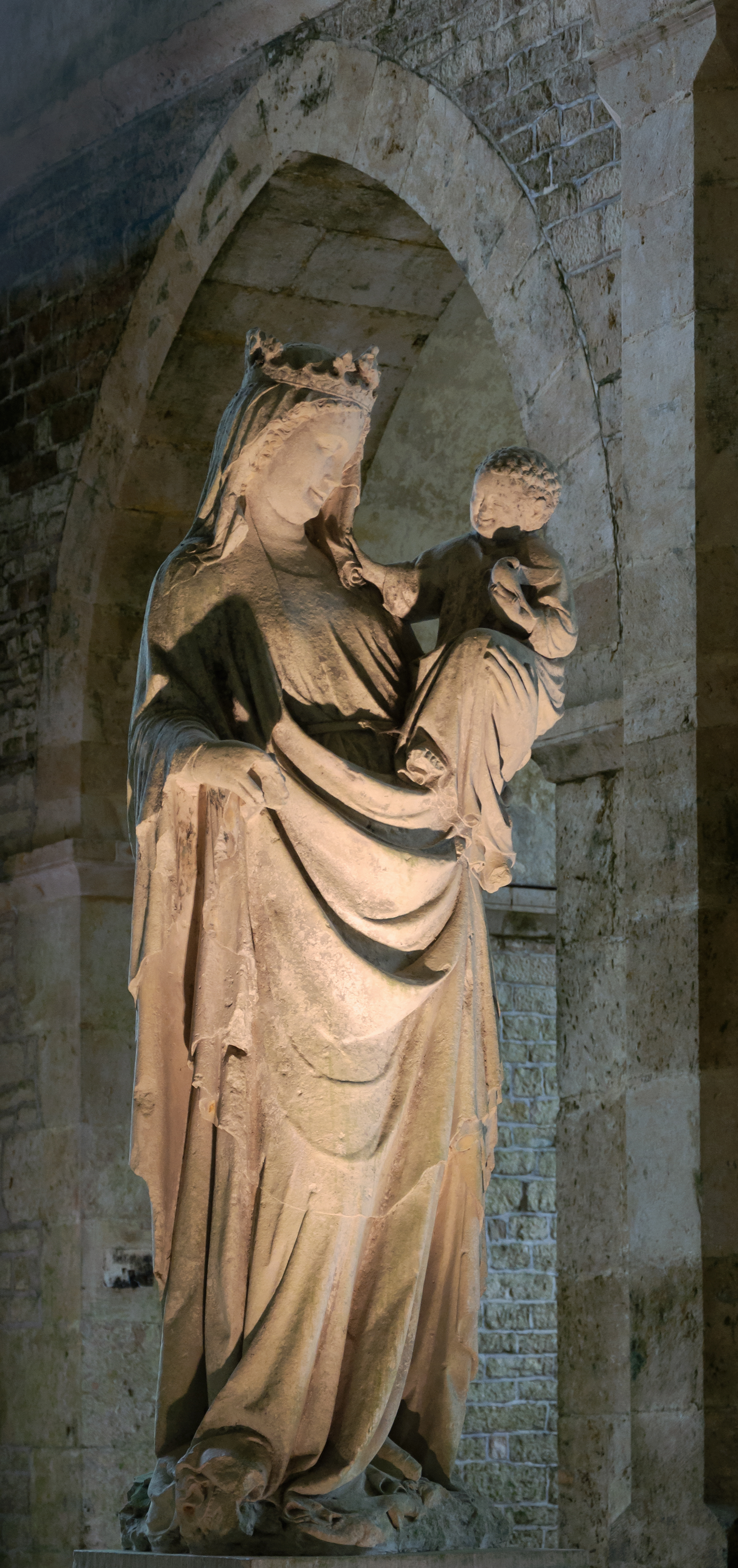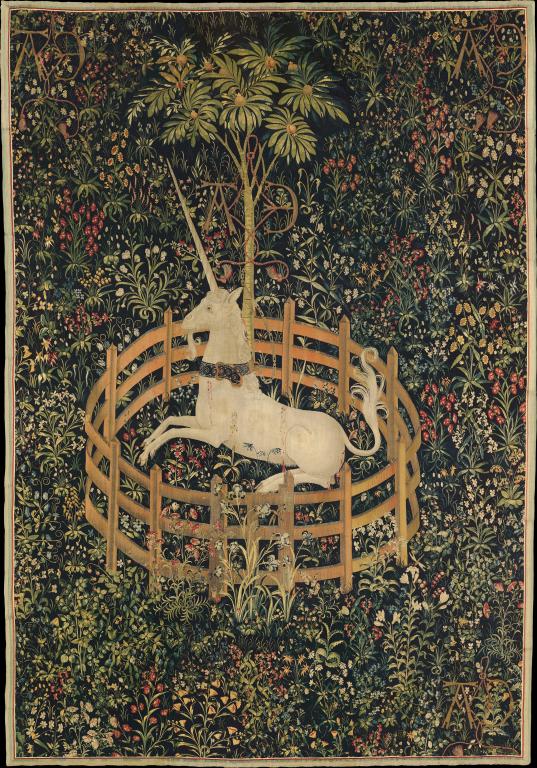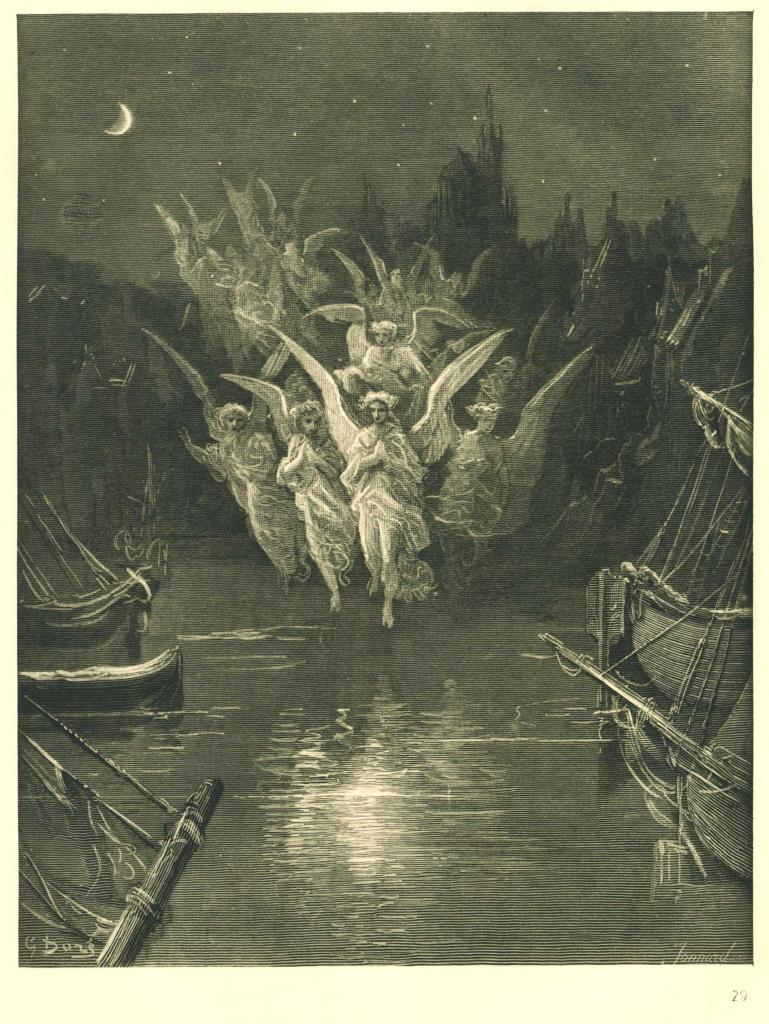David Russell Mosley
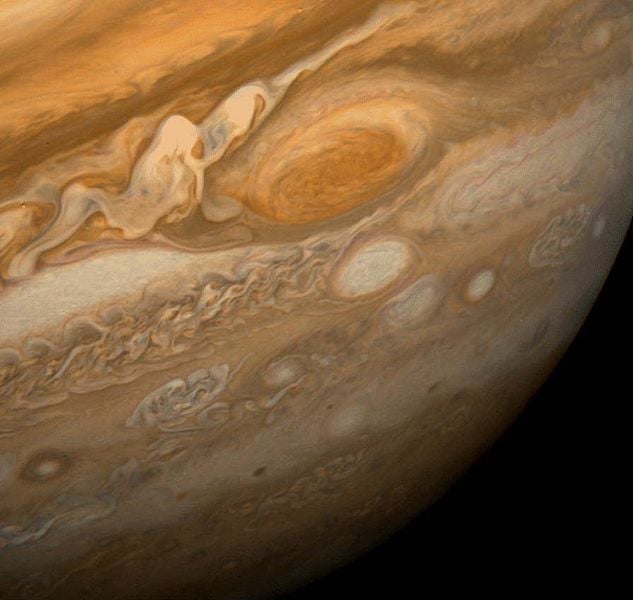
Date 25 February 1979
Source http://photojournal.jpl.nasa.gov/catalog/PIA00014
Author NASA
(Public Domain)
Ordinary Time
6 March 2017
The Edge of Elfland
Hudson, New Hampshire
Dear Readers,
As I was reading Michael Ward’s excellent and convincing Planet Narnia (which argues that the seven Chronicles of Narnia were written with a particular governing planet in mind) I came to his chapter on Saturn and The Last Battle.
Lewis describes Saturn this way in The Discarded Image:
In the earth his influence produces lead; in men the melancholy complexion; in history, disastrous events. In Dante his sphere is the contemplatives. He is connected with sickness and old age. Our traditional picture of Father Time with the scythe is revived from earlier pictures of Saturn. A good account of his activities in promoting fatal accidents, pestilence, treacheries, and ill luck n general occurs in The Knight’s Tale (A 2463 sq). He is the most terrible of the seven and is sometimes called The Greater Infortune, Infortuna Major.
It does take much investigation to see how Saturn might be the governing principle of The Last Battle. One need only look at Chapter 14 to see one instance of the saturnine quality of the book:
But when Aslan had roared yet again, out on their left they saw another black shape. That is, they saw another patch where there were no stars: and the patch rose up higher and higher and became the shape of a man, the hugest of all giants. They all knew Narnia well enough to work out where he must be standing. He must be on the high moorlands that stretches away to the North beyond the River Shribble. Then Jill and Eustace remembered how once long ago, in the deep caves beneath those moors, they had seen a great giant asleep and been told that his name was Father Time, and that he would wake on the day the world ended.

(CC BY 4.0)
The Greater Infortune indeed. Father Time, who in an earlier draft of The Silver Chair had actually been called Saturn, now presides over the end Narnia just as the planet Saturn has presided over the entire book up to this point. And yet the world does not end in Saturn’s sphere, rather it makes way for Jove.
This can be easily seen as, after the winnowing, all the friends of Narnia discover that they are in a truer Narnia and as they make their way up Aslan’s mountain, they find their way into truer Narnia still. Joy and laughter dictate most of the following chapters, but, in a way, the turn to Jove is made complete when the last person is met. Up to this point we have been reintroduced to beloved characters throughout the series, Reepicheep, Rillian, Fledge, and others. But the last new person met is Mr. Tumnus, the Faun whose encounter with Lucy sparked the, “… wrath ended/And woes mended, [the] winter passed/And guilt forgiven, and good fortune…” of the Jovial The Lion, the Witch and the Wardrobe. So Saturn makes way for Jove in away that both returns us to the first book of the series and yet moves us beyond it, to have us say, “Farewell to the Shadowlands.”
Lewis makes a similar move in That Hideous Strength. Despite the fact that in the Ptolemaic model of the universe Saturn follows Jupiter, when the gods descend on Merlin, Saturn comes first:
Saturn, whose name in the heavens is Lurga, stood in the Blue Room. His spirit lay upon the house, or even on the whole Earth, with a cold pressure such as might flatten the very orb of Tellus to a wafer. Matched against the lead-like burden of his antiquity the other gods themselves perhaps felt young and ephemeral. It was a mountain of centuries sloping up from the highest antiquity we can conceive, up and up like a mountain whose summit never comes into sight, not to eternity where the thought can rest, but into more and still more time, into freezing wastes and silence of unnameable numbers. It was also strong like a mountain; its age was no mere morass of time where imagination can sink in reverie, but a living, self-remembering duration which repelled higher intelligences from its structure as granite flings back the waves, itself unwithered and undecided but able to wither any who approach it unadvised. Ransom and Merlin suffered a sensation of unendurable cold; and all that strength in Lurga became a sorrow as it entered them. Yet Lurga in that room was overmatched.
Lewis was concerned that society was becoming Saturnocentric. And if what this meant was that we became more contemplative, perhaps this would not have been so bad. But Lewis feared the fallen response to Saturn, the turn to melancholy and sorrow without end. And so in his own version of the cosmos, while Jupiter might occupy the sixth sphere, an even greater Jove (namely God himself) presides over the life to come.
And so, as I reflect on this sublunary life, I pray that I too will always find that turn to Jupiter, that even in my darkest, saturnine moments, Saturn will make way for Jove.
Sincerely,
David

